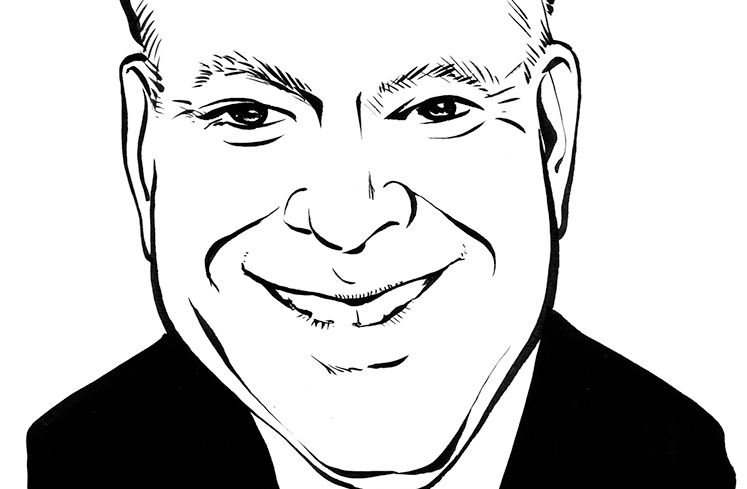A Second Look at the Coronavirus Legal Mess
By Joshua Stein April 7, 2020 12:01 pm
reprints
After a few weeks of living in the coronavirus mess, lawyers and their clients have struggled further to try to figure out what comes next and how to deal with it. Panicked phone calls from tenants, property owners, and lenders have continued, still with no resolution or recommendation.
Tenants large and small are reaching out informally to property owners, saying they won’t, or won’t be able to, pay April 1 rent. Some tenants have sent formal notices to that effect. Whether formal or informal, these communications come as no surprise to any property owner paying attention to the sorry state of the world. By reaching out, these tenants may be doing what they can to preserve relationships, achieve better results, and preserve their businesses later. These communications should do no harm.
Neither tenants nor property owners seem to be in the mood to take any definitive action just yet – no notices of default, no evictions (but the courts are closed anyway), and no formal lease amendments, waivers, forbearances, or terminations. The situation remains more fluid than that. The parties are waiting to see what happens and how it plays out. Property owners whose tenants want to have a “conversation” about “how to partner together” are sometimes still waiting to have that conversation. They’re not very enthusiastic about pushing it along.
Property owners are all holding their breath to see how rent payments that were due on April 1 play out.
Real estate, like the rest of the business world, is a complex and intertwined system. Owners need to collect rent to pay, among many other things, their loans. With rental income impaired or sometimes eliminated, owners need to worry about their lenders and the possibility of loan defaults and foreclosures. Lenders in turn need to worry about their own balance sheets and their own financial covenants and credit lines. There isn’t a lot of cushion in any of this. And in New York, the state and city were already doing their very best to ruin the real estate business even before coronavirus hit.
When a property owner tries to figure out its strategy, it needs to think about its loan documents. If the property owner wants to grant a rent holiday, terminate a lease, or amend a lease, that may need the lender’s approval. In the worst case, failure to obtain that approval may make the individual principals personally liable for part or all of the loan.
If the property owner notifies the lender that the owner won’t be able to pay the loan and its other bills, then the lender might seize on that statement as the owner’s admission of inability to pay its debts. Most loan documents treat such an admission as the functional equivalent of a voluntary bankruptcy. It’s an immediate default, allowing the lender to demand immediate repayment, often with a huge prepayment or yield maintenance penalty. It often also makes the individual principals of the borrower personally liable for the entire loan, because the nonrecourse carveout guaranties they signed for the loan trigger personal liability if anything bankruptcy-related occurs.
The courts have mostly interpreted those guaranties literally, producing absurd surprises entirely inconsistent with the deal structure of nonrecourse financing. Whether they will stick to that position in the current disaster remains to be seen. In any case, borrowers must proceed very carefully when they open any conversations with their lenders. Traditionally, lenders would require troubled borrowers to sign pre-workout agreements before any conversations began, to assure that any conversations didn’t create new legal exposure for the lender. Borrowers and their guarantors should push just as hard for those agreements.
The real legal action in the pandemic pandemonium continues to happen in the halls of government, in the form of bailout, assistance, and moratorium programs dwarfing anything seen before. The political gyrations of that process produce equivalent gyrations in the stock market every day or every hour.
No one knows how much help the real estate industry will receive, but our lawmakers favor constituencies with more voters per dollar of outlay, such as residential tenants. For the moment commercial tenants, owners, and lenders are left to their own devices. If they do negotiate any formal arrangements, though, they should keep in mind the possibility of bailout funding. For example, if the owner agrees to forgive 50 percent of rent for 90 days but the government gives or lends the tenant money to pay rent, what happens to the deal with the tenant.



